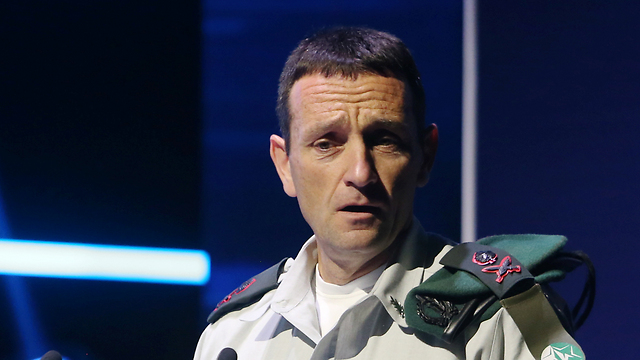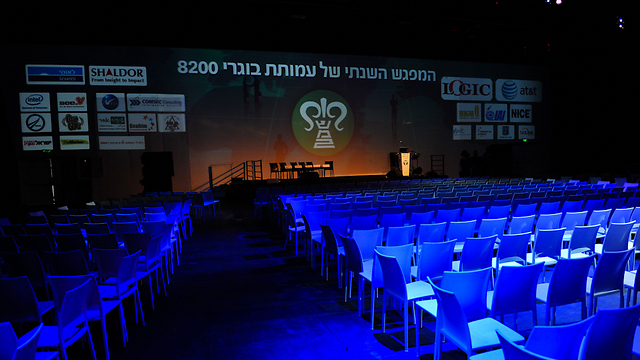
Plugging the brain drain
Given the private sector successes of many veterans of IDF special technology units, the problem of retaining personnel who can earn double or even triple their army wages has come front and center. As such, the head of the Directorate of Military Intelligence of the IDF has formulated a plan to address the issue.
Head of IDF Military Intelligence, Maj. Gen. Herzi Halevy, in cooperation with the IDF manpower directorate, have come up with a revolutionary plan in order to stem the brain drain of technical personnel from elite units such as Unit 8200 and the research department of military intelligence.
As revealed in Yedioth Ahronoth, 2015 was the most difficult year for the IDF in terms of the departure of technical personnel. Surveys by the IDF Behavioral Sciences Department showed that in 2015, 34.4% of officers designated by their commanders as desired candidates for continuation of service decided to opt for release instead. This is a marked increase from 2011, when that number stood at only 13.2%.
According to officials in the General Staff, brain drain is a serious strategic problem that is only expected to get worse when major intelligence units will be moved from the center of the country to the south. Officials also admitted that it is difficult to retain officers who are earning approximately NIS 7,000 per month, when they can be earning double or even triple that in the private sector.
The plan has two main pillars, the first of which is the construction of a service path that allows outstanding officers and NCOs serving in technological units to work in the private sector for a period of two years, after which they will return to the IDF fulltime, or work one day a week in the private sector.
The second possible solution is a system similar to that of pilots in the IAF, who are required to serve until age 28. The idea is for qualified candidates of specific technological units to serve a mandatory period of service that includes time beyond the required two or three years.
While there are those in military intelligence who believe that such a decision will deter high caliber individuals from joining these units, others believe the additional time of service will be a humble investment when compared with the experience and skills that soldiers can take to civilian life, which they can use to earn significant wages.
A report compiled by the Locker Commission recommended a new model in which those officers and NCOs who are deemed vital receive individual contracts. The IDF has not implemented the recommendation out of fear of harming equality, but in the end, the inevitable decision ultimately lies with the Chief of Staff, who must see to it that the needs of the present are met, while looking to the future. Lt. Gen. Eizenkot understands that this is the most serious manpower challenge facing the IDF at present and should it continue unabated, the damage could be serious.












